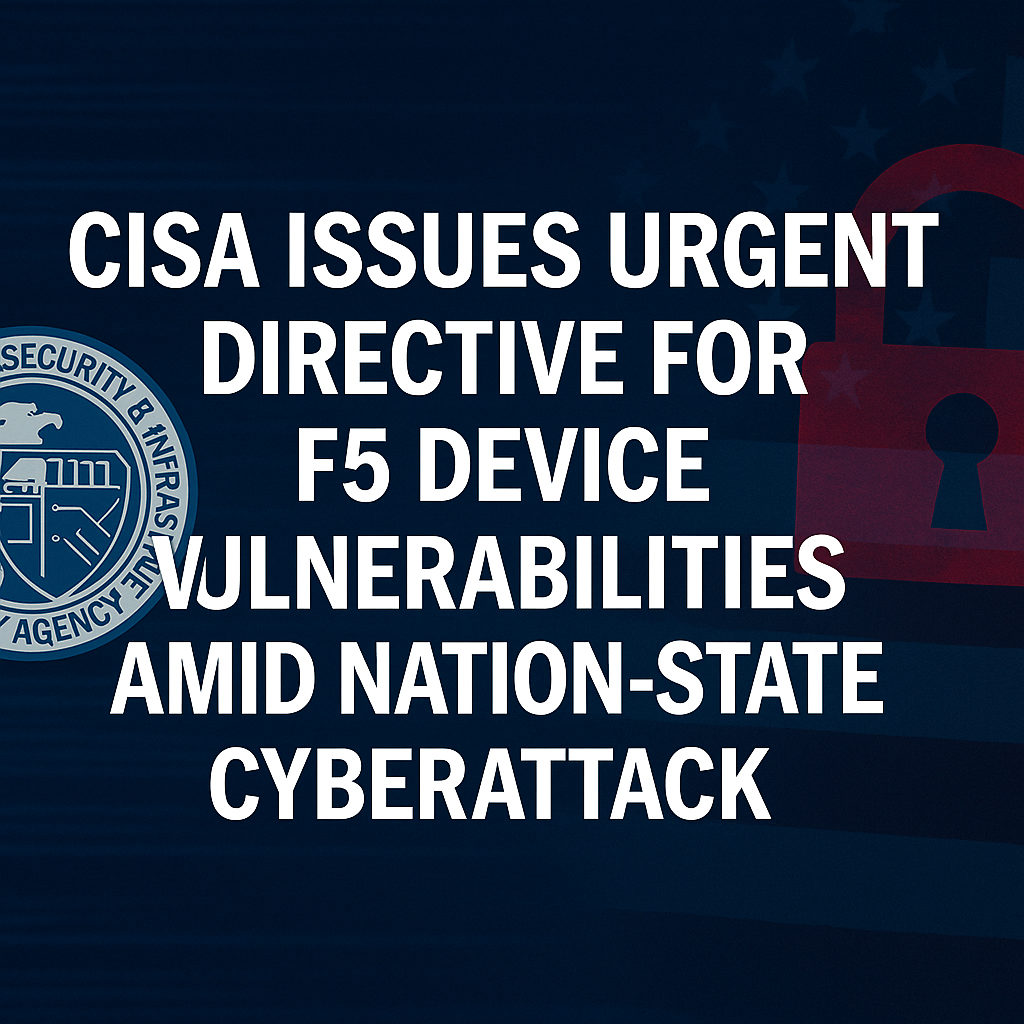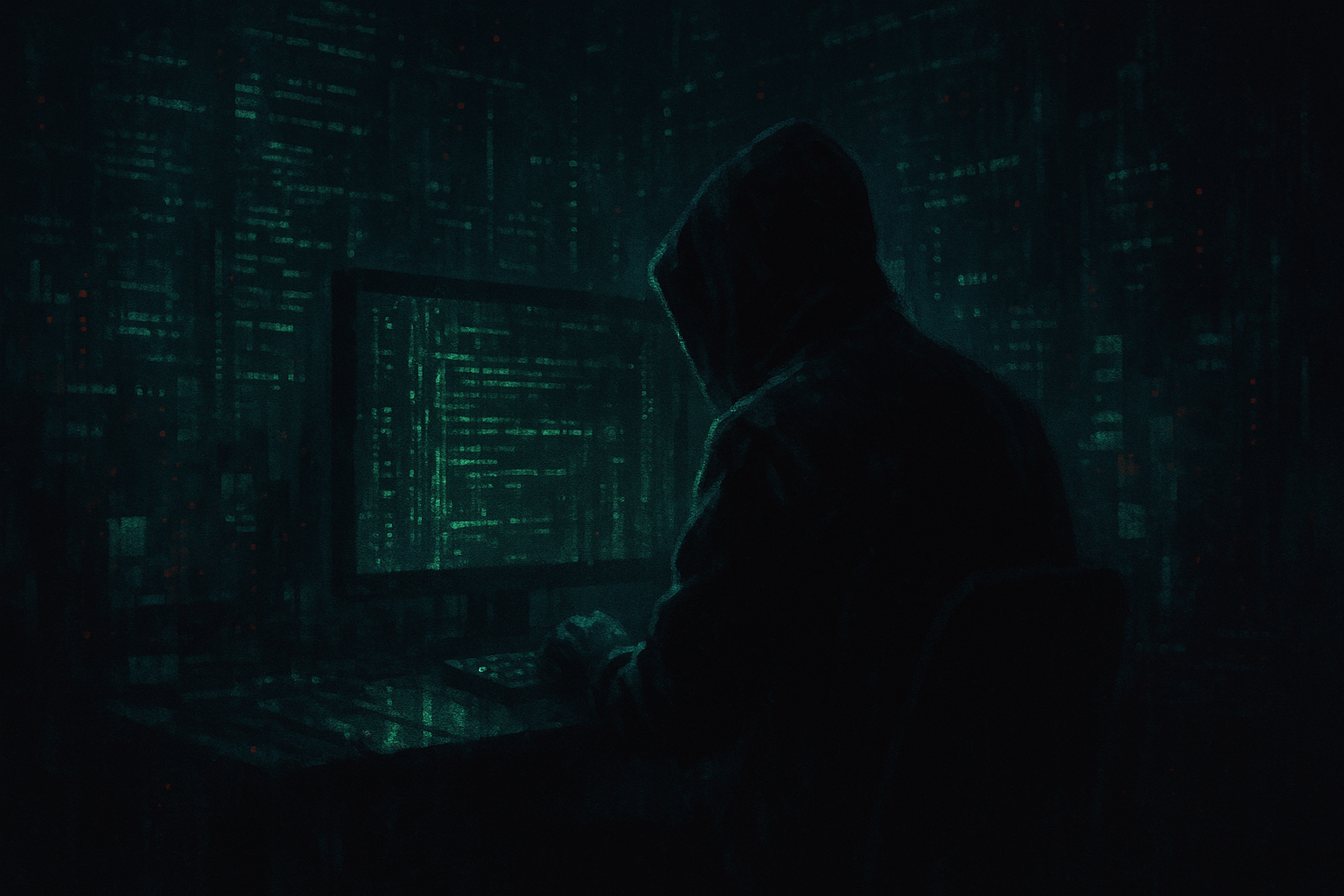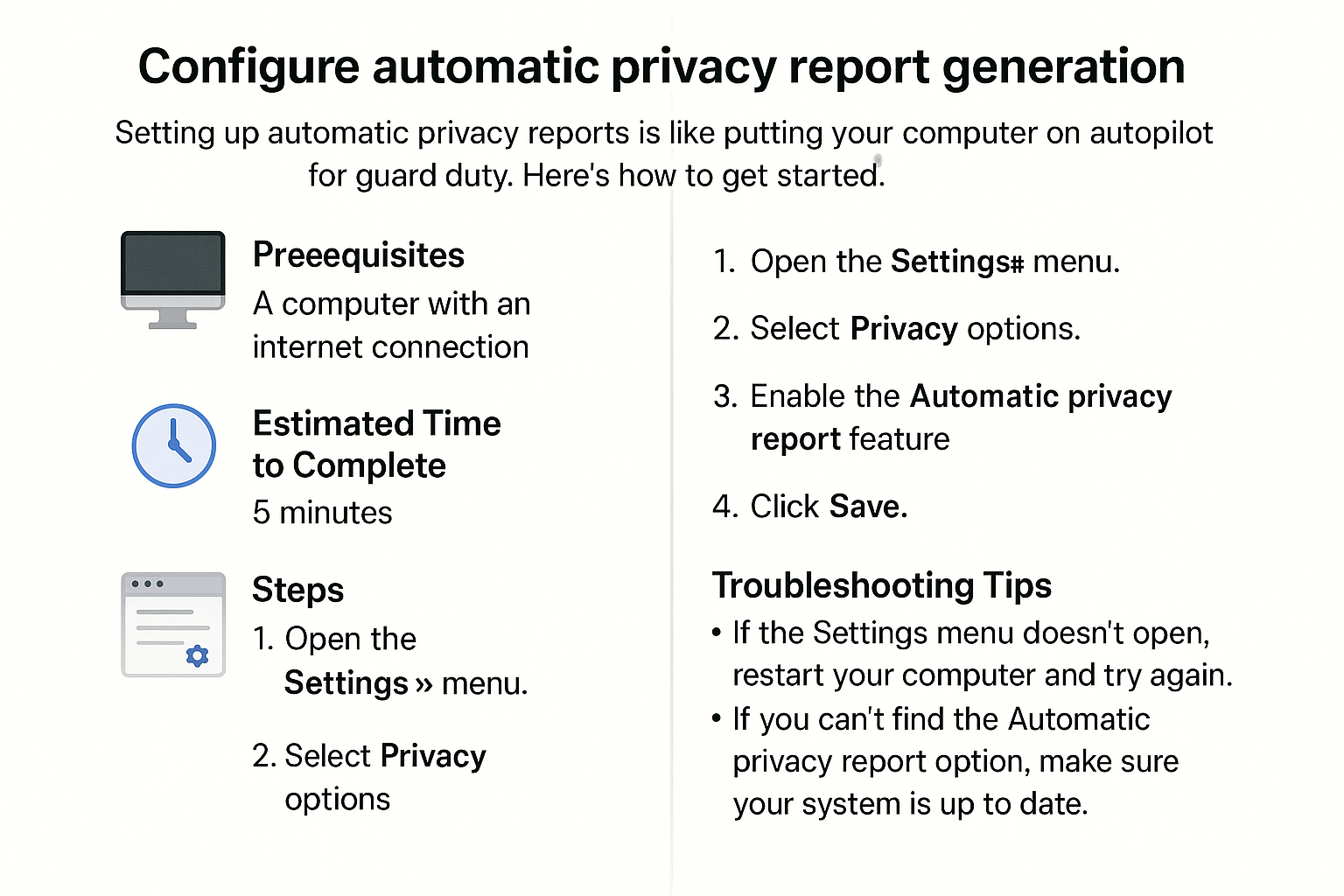Unmasking a Cybercriminal: The Case Against Thalha Jubair
NEWARK, N.J. – A complaint unsealed today in the District of New Jersey has revealed a case against Thalha Jubair, a 19-year-old UK national, charged with participating in a cybercrime syndicate responsible for infiltrating U.S. businesses and extorting considerable sums of money through ransomware attacks. Allegations suggest that Jubair, a member of a group called Scattered Spider, orchestrated at least 120 computer intrusions, resulting in ransom payments totaling over $115 million from various victims.
Timeline / Background
According to the complaint filed by U.S. Attorney Alina Habba and the Justice Department, Jubair was active in executing these attacks from as early as May 2022 until September 2025. His group, known for using sophisticated hacking techniques combined with social engineering tactics, targeted individuals and organizations across multiple sectors in the United States. With their operations extending to critical infrastructure and even the U.S. Courts, the magnitude of their success highlights the dangerous landscape posed by modern cybercriminals.
In a coordinated effort, U.K. authorities arrested Jubair on September 16, 2025, as part of a broader investigation into cyber intrusions affecting critical infrastructure in both the U.K. and the U.S. This collaboration reflects increasing international efforts to combat transnational cyber crime.
Technical Details (in plain English)
The crux of the allegations revolves around Jubair’s use of social engineering—a method that manipulates individuals into divulging confidential information. This can include tactics ranging from phishing emails that appear legitimate to deceptive phone calls. Once access is gained, Jubair and his associates reportedly encrypted sensitive data and demanded ransom payments to restore access.
Jubair, charged under several counts, is described as having taken extreme measures to maintain his anonymity. Despite this, law enforcement agencies were able to trace illicit activities back to him, thanks to advanced investigative techniques and international cooperation. The complaint details instances where portions of ransom payments were directed to cryptocurrency wallets controlled by Jubair, revealing the complex web of digital transactions that underscore contemporary cybercrime.
Broader Context
The case against Jubair is significant within the broader narrative of cyber crime that has grown exponentially over the past decade. Ransomware attacks have increasingly targeted essential services, including healthcare systems and municipal governments. For instance, attacks on Colonial Pipeline and JBS Foods echo similar patterns of extortion witnessed in Jubair’s operations.
The U.S. government has responded aggressively to this wave of cybercrime by enhancing collaboration with international law enforcement and investing in better cybersecurity measures for critical infrastructure. Just as with the cases of Scattered Spider, these incidents reflect an ongoing battle between cybercriminals and authorities, serving as a reminder that even the most sophisticated hackers can eventually be unmasked.
Expert/Agency Input
Matthew R. Galeotti, the Acting Assistant Attorney General, emphasized in statement that the ongoing attacks tied to Jubair and the Scattered Spider group underscore the alarming threat posed by brazen cybercriminals. He noted, “These malicious attacks caused widespread disruption to U.S. businesses and organizations, highlighting the significant and growing threat these individuals pose.” Meanwhile, FBI Assistant Director Brett Leatherman assured the public that their resources would be leveraged to dismantle such networks, proclaiming, “If you attack American companies or citizens, we will find you.”
Impact
The ramifications of Jubair’s actions extend beyond just the monetary losses suffered by individual companies. Each ransomware attack can lead to crippling downtime, loss of proprietary data, and a loss of trust among customers. Businesses may face additional costs associated with recovery, legal liabilities, and regulatory fines.
For ordinary users, the implications are stark. Many may not realize how interlinked their data is with larger infrastructures. The attacks that penetrate large corporations can often endanger consumer data, leading to identity theft and unauthorized transactions.
What Readers Can Do
In light of the ongoing threat of cybercrime, individuals and businesses alike are urged to take proactive steps to enhance their security measures. Here are some actionable steps:
- Regularly update software: Ensure that operating systems and applications are frequently updated to guard against known vulnerabilities.
- Implement multi-factor authentication (MFA): Adding an extra layer of protection can significantly cut down on the risk of unauthorized access.
- Use strong, unique passwords: Avoid reusing passwords across multiple accounts, as this weakens security.
- Back up data regularly: Regular backups can secure your information against ransomware attacks, allowing for recovery without payment.
By taking these steps, users can help protect themselves in a landscape marked by increasingly organized and persistent cyber threats.
Closing
The case against Thalha Jubair is a stark reminder of the relentless nature of cyber threats facing businesses and individuals alike. As investigators continue to unravel the intricacies of cybercriminal networks, it’s evident that the struggle against cybercrime requires vigilance, international cooperation, and ongoing investment in cybersecurity. The actions taken by U.S. law enforcement today not only seek to bring justice to those affected but serve as a warning to cybercriminals that accountability is on the horizon.
References
- U.S. Department of Justice Attorney's Office
- FBI
- National Crime Agency (UK)









